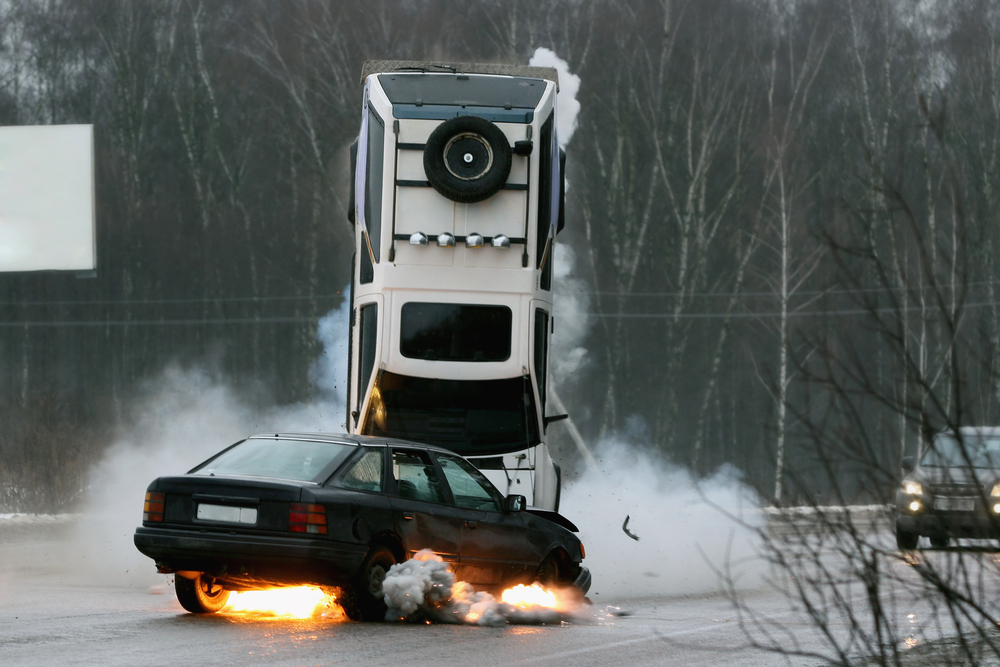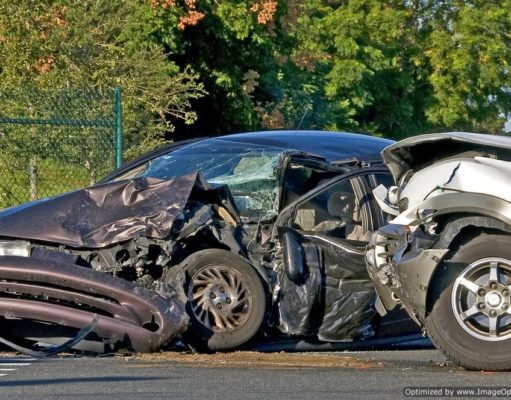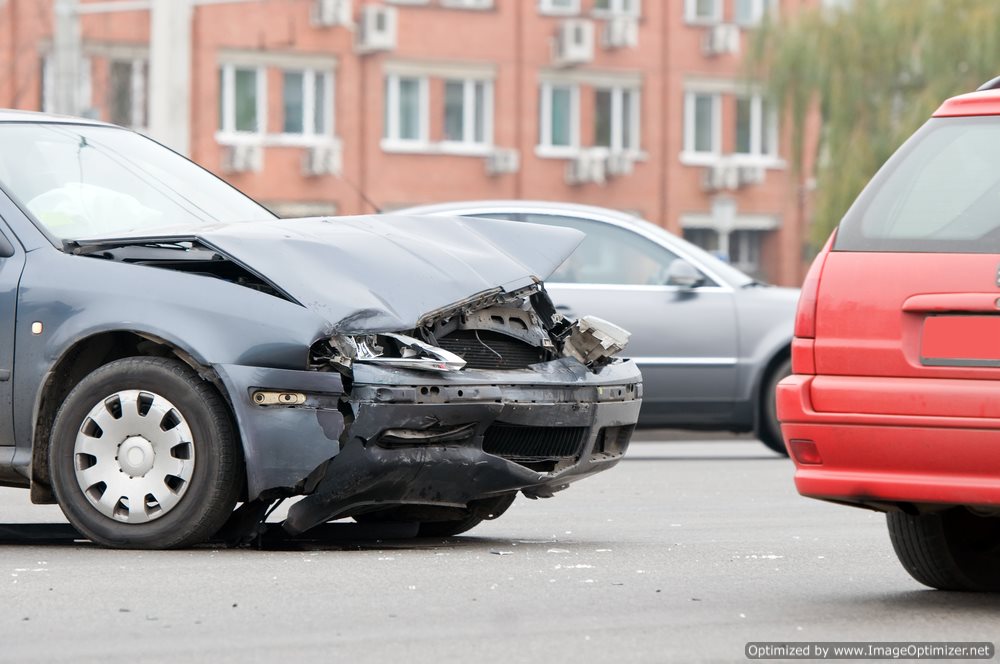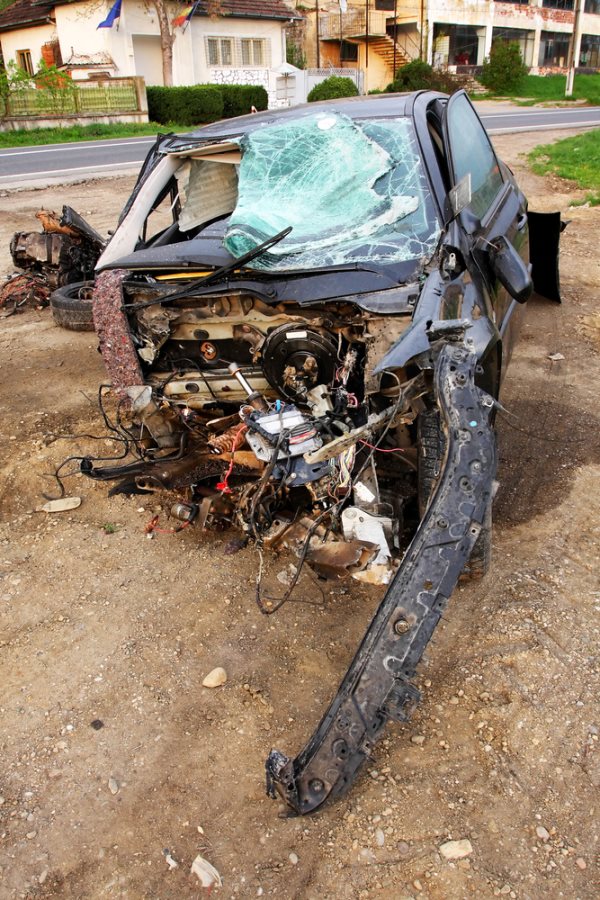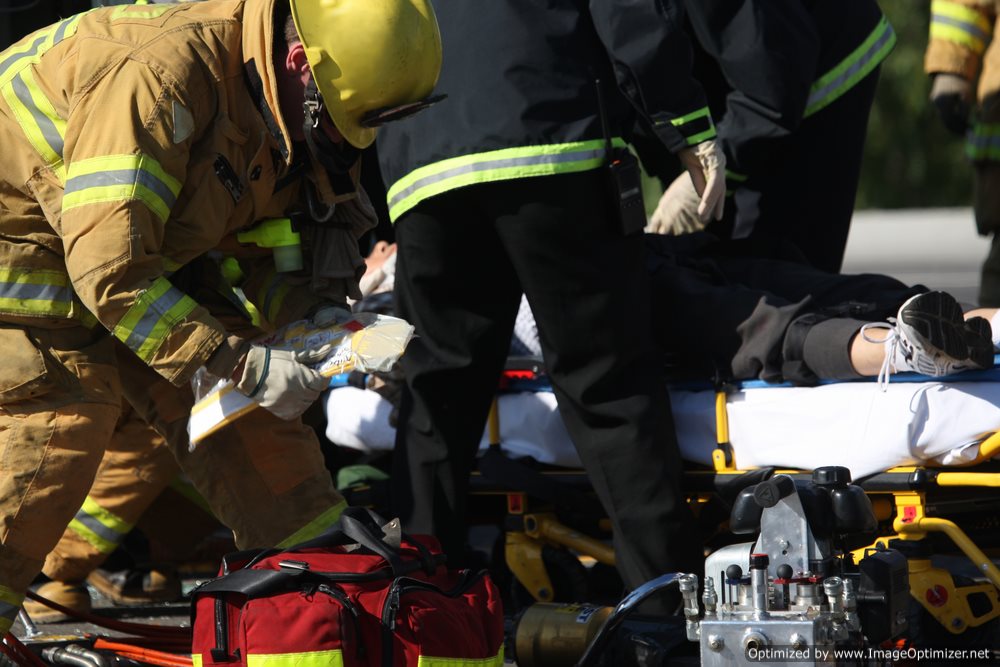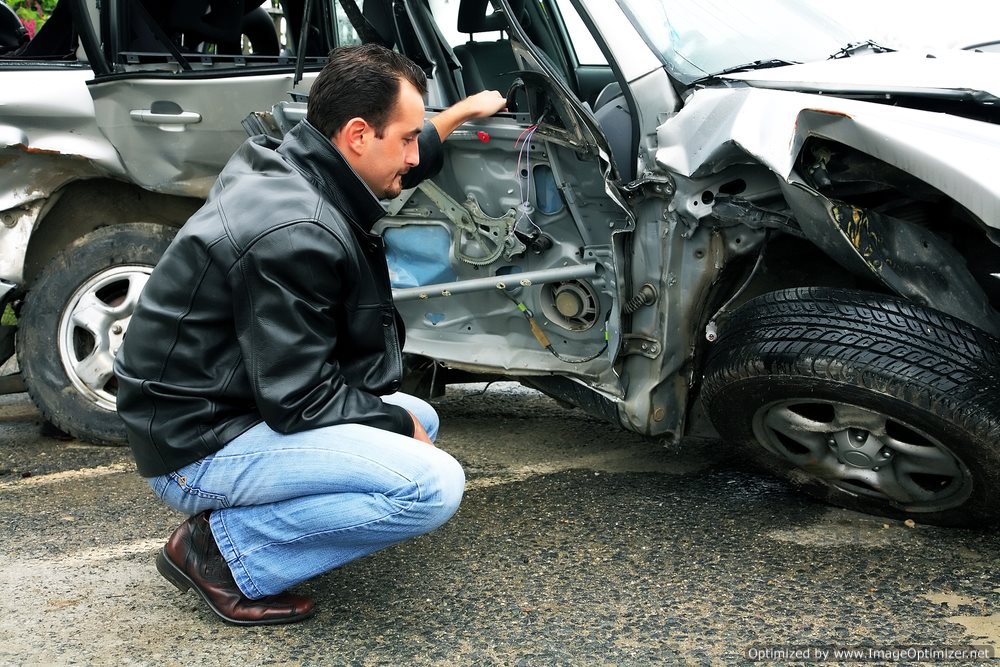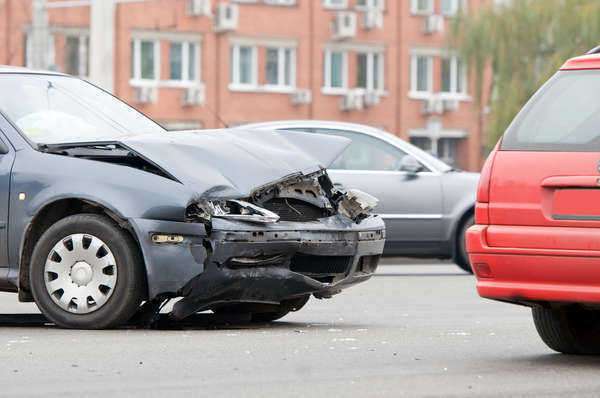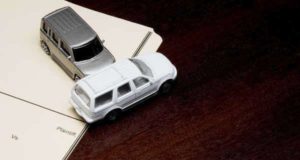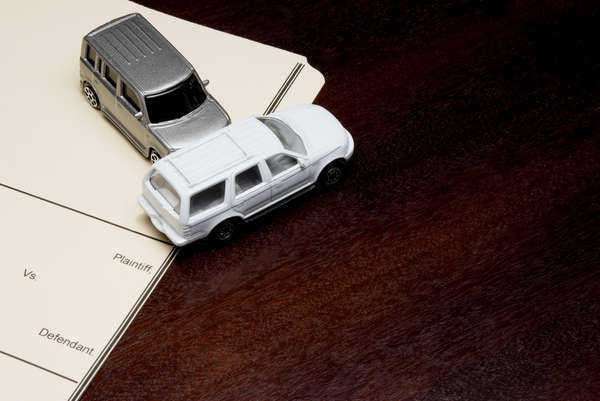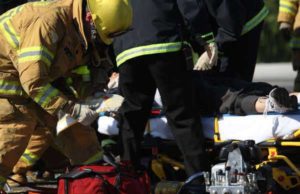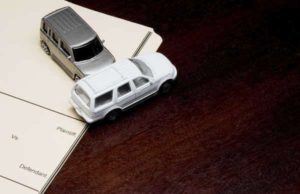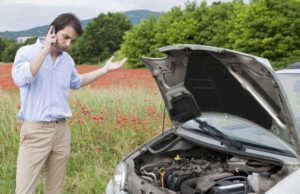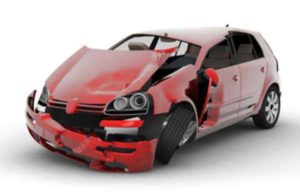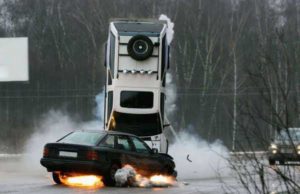What to do After an Auto Accident

What Should I do After a Auto Accident?
Auto accidents are unfortunately a prevalent occurrence. Because of their ubiquity it is essential to understand the process of filing an auto accident claim. Understanding this process will not only expedite the delivery of compensation, but will also ease emotions that are present following an auto accident.
After an auto accident, the involved parties will exchange information; this process is necessary, for it enables the insurance companies to investigate the accident. The filing process is dependent on the severity of the accident; minor accidents will not require insurance coverage, while major crashes will invariably include coverage. Because the processes are elastic in regards to damage, the exchange of information will vary based on circumstance. Although the circumstances surrounding the exchange are distinct, the information itself remains uniform. The following formation must be exchanged after an auto accident:the driver’s names, their addresses, contact information (cell and home numbers), insurance information, driver’s license number and license plate number.
The exchange of insurance information is also necessary because the claim is filed, reviewed and subsequently processed by the insurance providers. If the involved parties cannot agree on a settlement, due to an argument regarding liability or fault, the case may be brought to trial before the applicable court.
The Role of an Insurance Company After Auto Accident:
An insurance company is responsible for providing compensation to the involved parties. The aggressor’s (individual at fault) policy will, in most cases, provide punitive compensation to the victim for damages imposed. A review of liability, or a determination of liability is necessary to decipher which party is entitled to compensation. (The amount of compensation will also be decided during this evaluation.) To initiate this process, the parties involved must exchange insurance information after the wreck.
Police Report after Auto Accident:
After the parties have exchanged personal and insurance information, they should, if applicable, obtain a file of the police report. If the accident warrants police intervention, the officer on the scene will take the testimonies of the driver’s involved. These testimonies will be evaluated by the underlying insurance companies. It is recommended that both drivers obtain copies of the report so that misinformation or an exchange of a faulty report is not realized. This report, which is filed by the officer called to the scene, is used to elucidate on the specifics associated with the accident. The information latent in the report will be viewed by the respective insurance companies to determine fault.
Once the report has been secured, the driver’s must contact their insurance providers to notify that they have been involved in an accident. A notification is necessary to initiate a claim. To expedite the process, it is suggested that individuals become aware with the intricacies associated with their respective policy.

